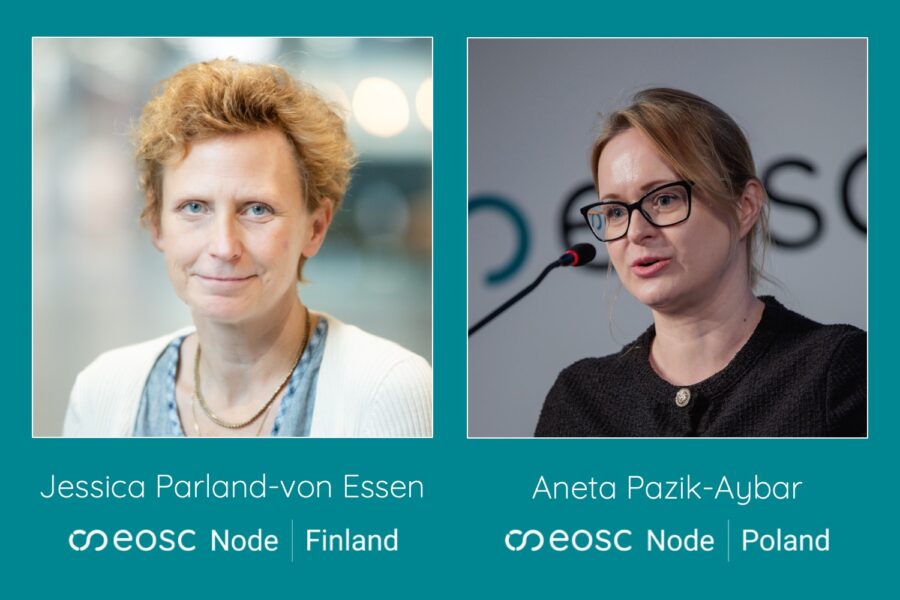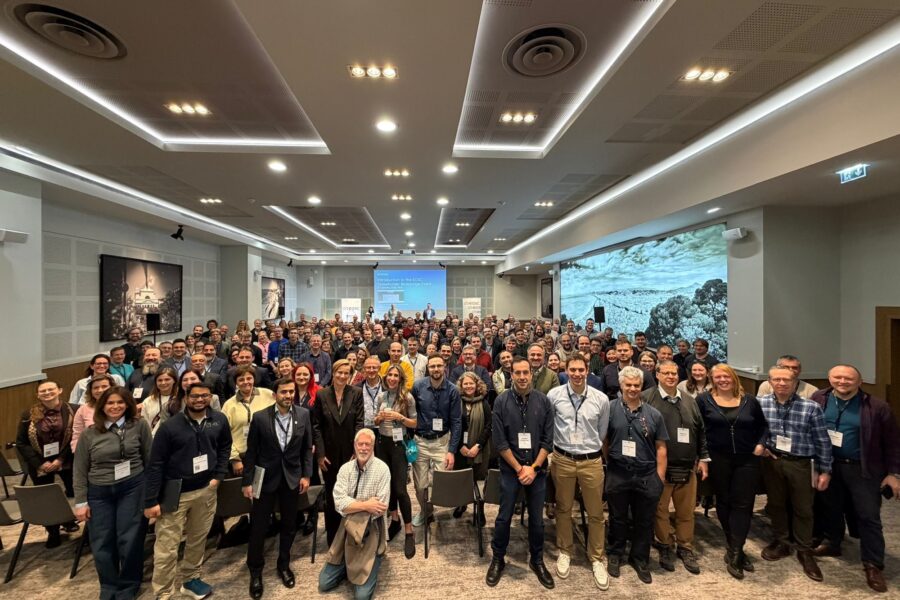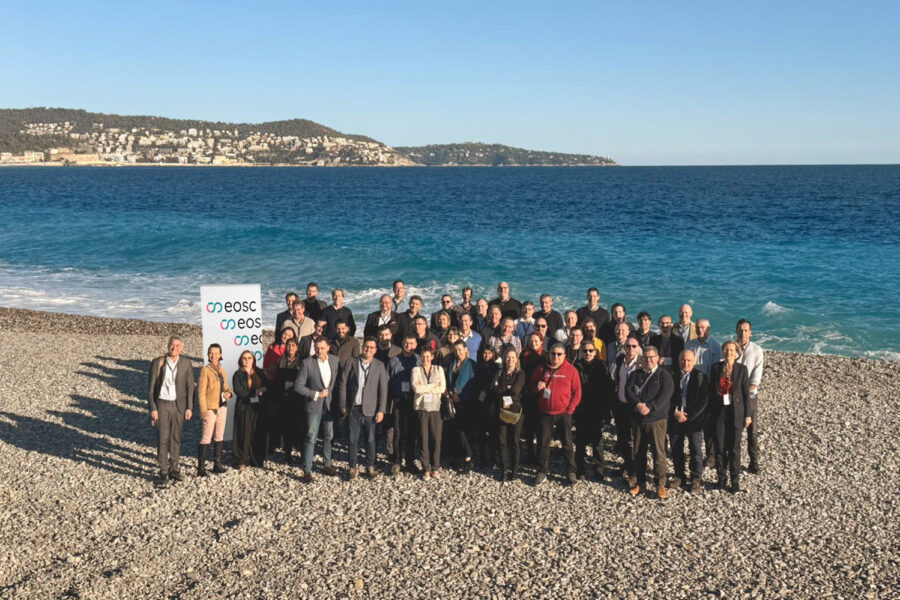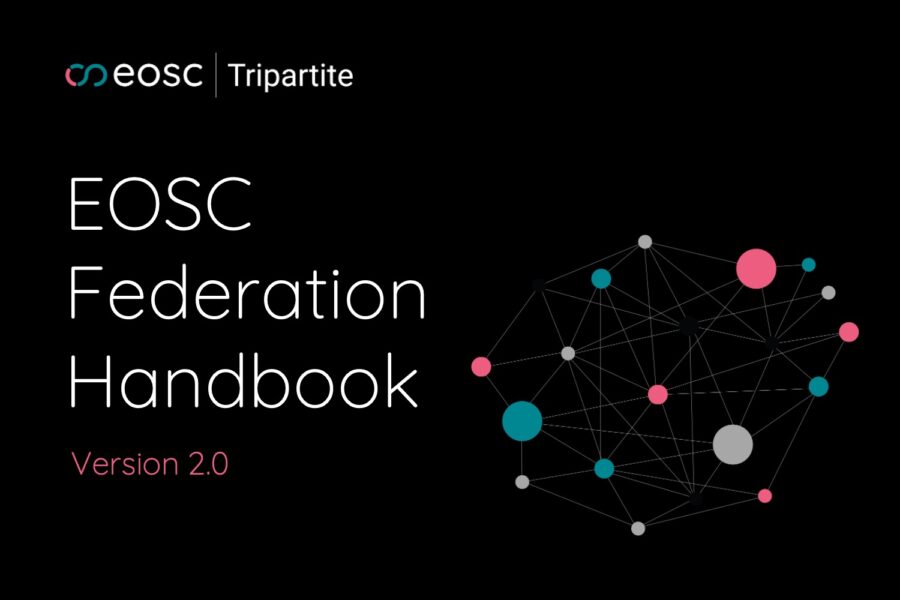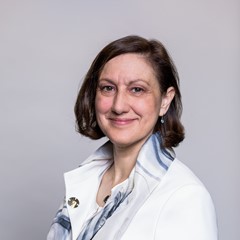
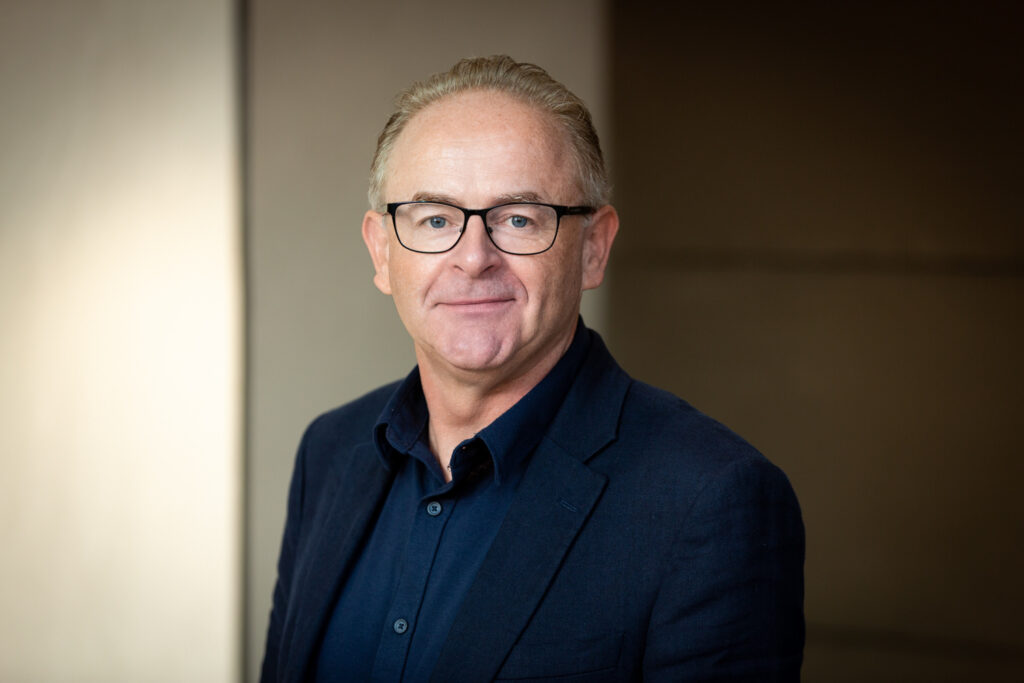
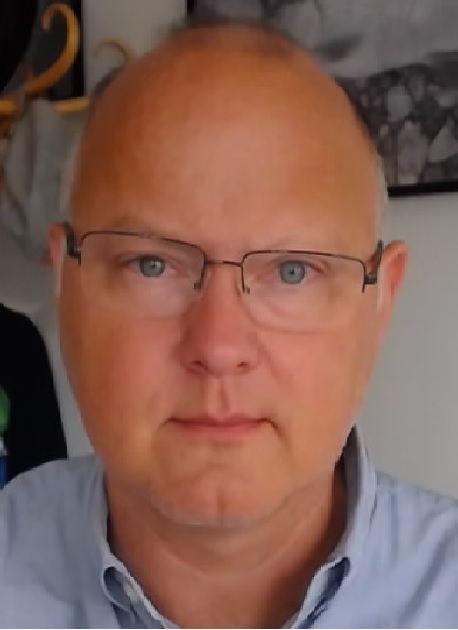
The EOSC Association, and EOSC generally, have entered a critical period in which the implementation of EOSC has begun to move rapidly forward. At our 9th General Assembly in late 2024, we expect that four director positions will be voted on by our membership, representing a significant turnover of the EOSC-A leadership.

Based on the positive experiences of other organisations, we believe the formation of the Search Committee for Candidates for the Board of Directors will help EOSC-A to ensure that the best candidates will step forward.
The committee will serve in an advisory role to the EOSC-A General Assembly, and is tasked with providing feedback on potential candidates and to approach individuals in the EOSC community for the purpose of encouraging them to apply for a Board position. This does not alter the fact that any delegate may apply, and decision-making on EOSC-A Board positions rests exclusively with the EOSC-A Member delegates who vote in an election during the General Assembly.
The EOSC-A Board of Directors is a hands-on board, with significant strategic and operational responsibilities. We therefore require directors who are willing to actively shape the future of EOSC and are firmly established and respected in their relevant communities.
Three distinguished members of the EOSC community have agreed to join the search committee:
Lidia Borrell-Damian is the Secretary General of Science Europe and former Director for Research and Innovation at the European University Association. Lidia is fluent in both national-level research funding and the researchers and institutional stakeholders it supports.

Ronan Byrne, who is the current CEO of HEAnet, was a member of the EOSC-A Board of Directors until 2021. Ronan has a deep understanding of the foundations of EOSC and is a member of the Irish Government’s National Open Research Forum, which drives Open Science policy in Ireland.

Stefan Hanslik is the current Austrian delegate to the EOSC-Steering Board as well as the governing board of the EuroHPC Joint Undertaking. Stefan also serves as ESFRI’s e-IRG chair, and possesses a broad overview of the EOSC ecosystem and Open Science policy landscape in Europe.

